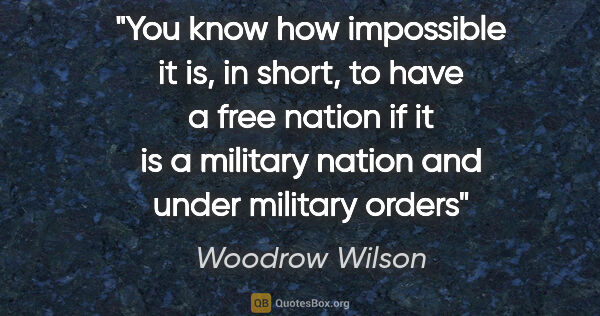Shortness Quotes (page 12)
Kilgore Trout once wrote a short story which was a dialogue between two pieces of yeast. They were discussing the possible purposes of life as they ate sugar and suffocated in their own excrement. Because of their limited intelligence, they never came close to guessing that they were making champagne.
Kurt Vonnegut
And every historic effort to forge a democratic project has been undermined by two fundamental realities: poverty and paranoia. The persistence of poverty generates levels of despair that deepen social conflict the escalation of paranoia produces levels of distrust that reinforce cultural division. Rae is the most explosive issue in American life precisely because it forces us to confront the tragic facts of poverty and paranoia despair, and distrust. In short, a candid examination of race...
Cornel West
There is one final point, the point that separates a true multivolume work from a short story, a novel, or a series. The ending of the final volume should leave the reader with the feeling that he has gone through the defining circumstances of Main Character's life. The leading character in a series can wander off into another book and a new adventure better even than this one. Main Character cannot, at the end of your multivolume work. (Or at least, it should seem so.) His life may continue,...
Gene Wolfe

She was intensely sympathetic. She was immensely charming. She was utterly unselfish. She excelled in the difficult arts if family life. She sacrificed herself daily. If there was chicken, she took the led; if there was a draft she sat in it-- in short she was so constituted that she never had a mind or wish of her own, but preferred to sympathize always with the minds and wishes of others... I did my best to kill her. My excuse, if I were to be had up in a court of law, would be that I acted...
Virginia Woolf
They carried on a curious intermittent conversation which flicked on and off like the beams of a lighthouse suddenly nipped into silence by the approach of a Party uniform or the proximity of a telescreen then taken up again minutes later in the middle of a sentence then abruptly cut short as they parted at the agreed spot then continued almost without introduction on the following day.
George Orwell

